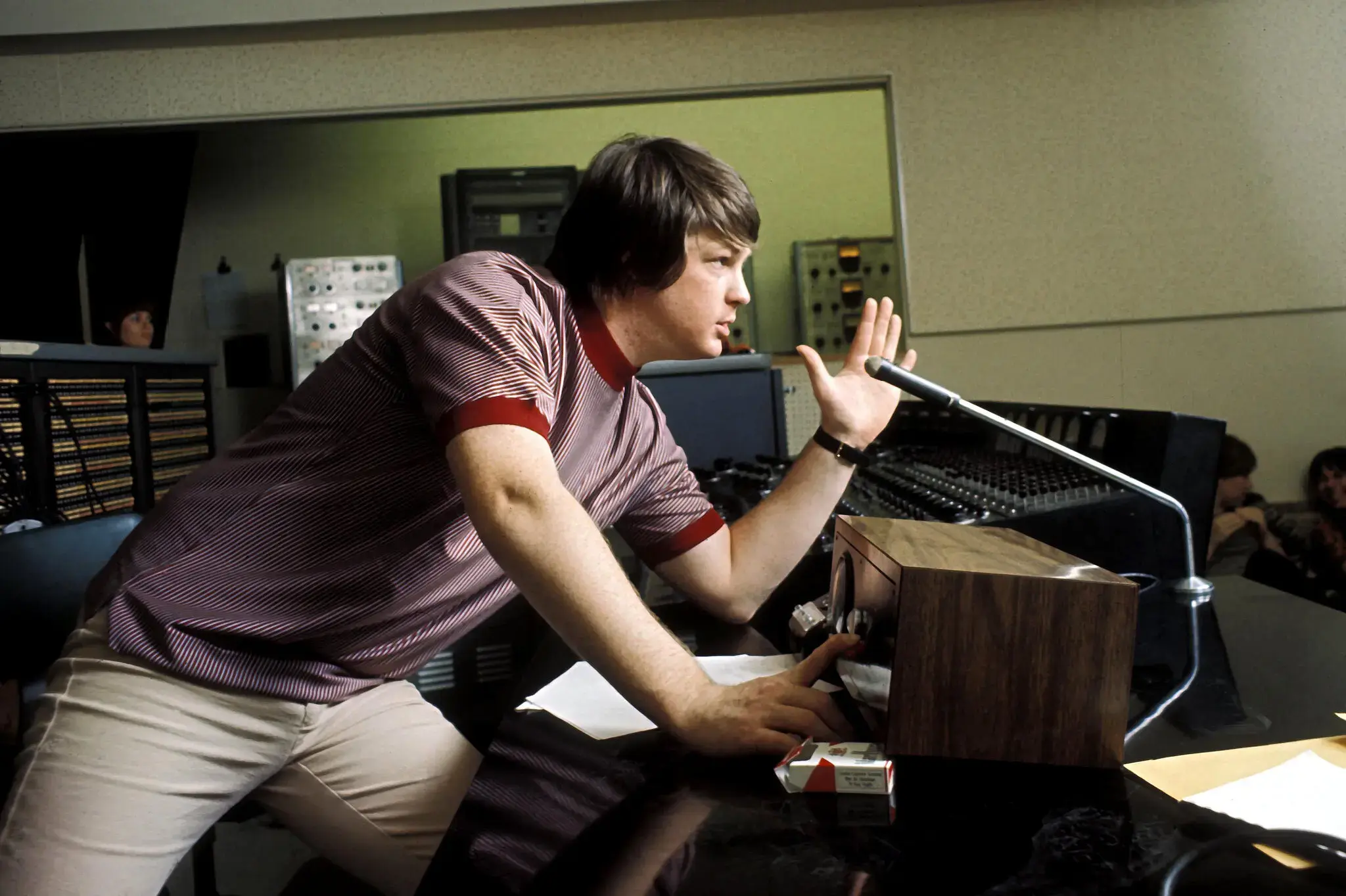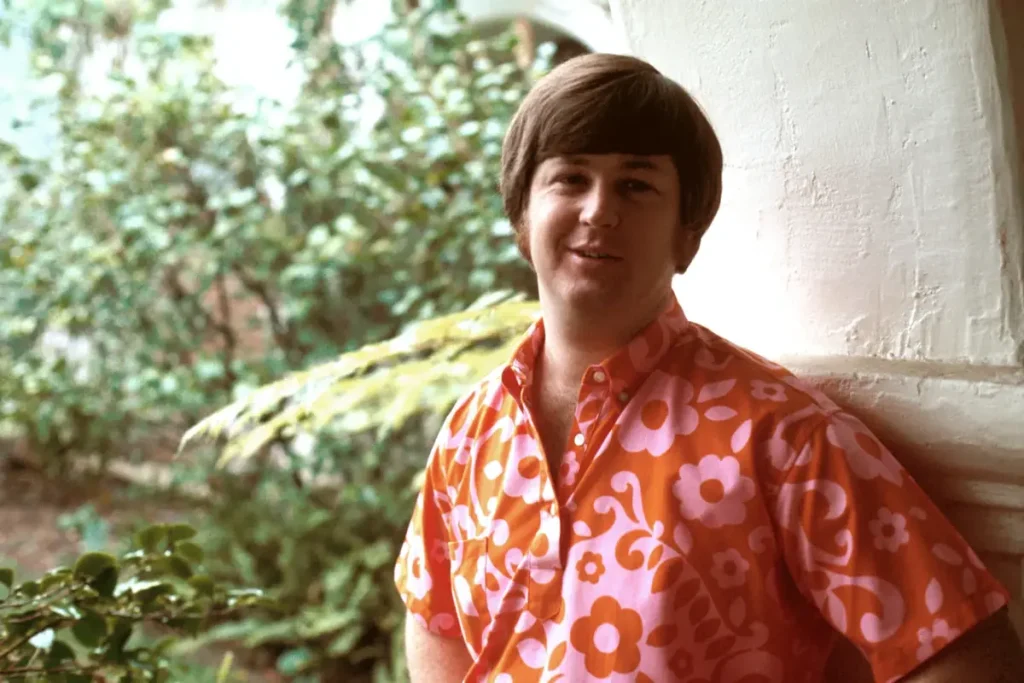Brian Wilson, the visionary songwriter, producer, and creative force behind the Beach Boys, has died at age 82. His passing marks the end of an era for one of rock’s most influential architects of sound, whose melodies and harmonies defined the Southern California mythos and expanded pop music’s artistic horizons.
Tragic Passing of a Pop Genius

Brian Douglas Wilson (born June 20, 1942) passed away on June 11, 2025, at age 82. His family announced the news via Instagram, asking for privacy and noting their grief without specifying the exact time, place, or immediate cause of death. In early 2024, following the death of his wife Melinda, a California court established a conservatorship after determining Wilson suffered from a “major neurocognitive disorder” and dementia, leaving his business representatives to manage his affairs.
How Did Brian Wilson Die? His Cause of Death

Neither the family announcement nor early media reports have confirmed a specific medical cause of Brian Wilson’s death. However, his known battles with severe mental health issues and a degenerative neurocognitive disorder likely contributed to his declining health. In 2024, court documents cited his inability “to properly provide for his own personal needs” due to dementia and major neurocognitive impairment. With no acute incident reported, it appears his death resulted from complications associated with longstanding neurodegenerative decline.
The Beach Boys’ Architect of Sound
Surf-and-Sun Innocence
As leader and principal songwriter of the Beach Boys, Wilson shaped American pop with hits like “Surfin’ U.S.A.,” “California Girls,” and “Fun, Fun, Fun.” Between 1962 and 1966, the band notched 13 Billboard Top 10 singles, including No. 1 chart-toppers “I Get Around,” “Help Me, Rhonda,” and “Good Vibrations”. His crisp vocal arrangements and buoyant rhythms became synonymous with California youth culture.
Studio Visionary
From the mid-1960s onward, Wilson retreated from touring to focus on studio innovation. His 1966 opus Pet Sounds—a lush, introspective concept album—blended rock instruments with orchestral touches and experimental sounds such as the Electro-Theremin. Bob Dylan famously praised Wilson’s “ear,” marveling that it belonged in the Smithsonian.
Personal Struggles
Wilson’s genius coexisted with profound personal challenges. Aged 22, he experienced his first breakdown and relinquished touring duties, focusing on complex productions. Subsequent decades saw his mental health deteriorate—marked by schizoaffective disorder diagnoses, substance abuse, and dependence on psychologist Eugene Landy, whose controversial conservatorship ended in court battles. After Melinda Wilson’s death, a judge formalized his care under conservatorship for dementia and major neurocognitive disorder.
Tributes poured in from across the music world. Paul McCartney lauded Wilson’s influence on the Beatles; Questlove hailed him as the artist who “made art out of inexpressible sadness.” Questlove wrote, “If there was a human being who made art out of inexpressible sadness … damn it was Brian Wilson”. Mick Fleetwood, Ronnie Wood, and Sean Lennon echoed similar sentiments, recognizing Wilson’s transformative touch on popular music.
Enduring Impact of Brian Wilson
Brian Wilson’s contributions extend far beyond surf rock. He is credited with pioneering the studio-as-instrument approach, elevating pop production into an art form. His songs influenced not just contemporaries but successive generations of indie, dream-pop, and alternative artists. Pet Sounds often ranks among the greatest albums of all time, and Wilson’s innovative use of harmony and texture redefined the possibilities of recorded music.
Brian Wilson’s death closes a chapter on a remarkable life marked by both dazzling creativity and deep personal adversity. The Beach Boys’ sun-drenched harmonies and Wilson’s intricate studio masterpieces reshaped popular music. While the exact medical cause of his death remains unconfirmed, it underscores the lasting impact of neurocognitive disorders on aging artists. His genius endures through his timeless music—a testament to a man whose melodies captured both the carefree spirit of youth and the poignancy of the human condition.


